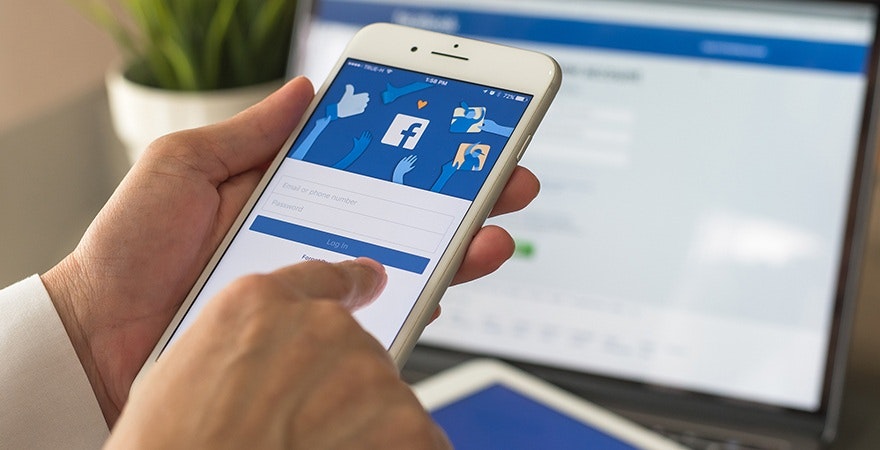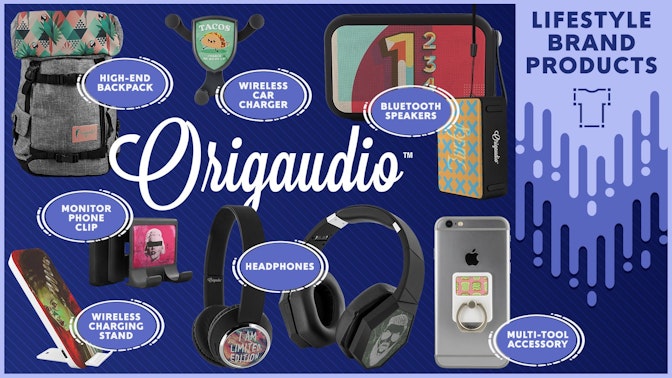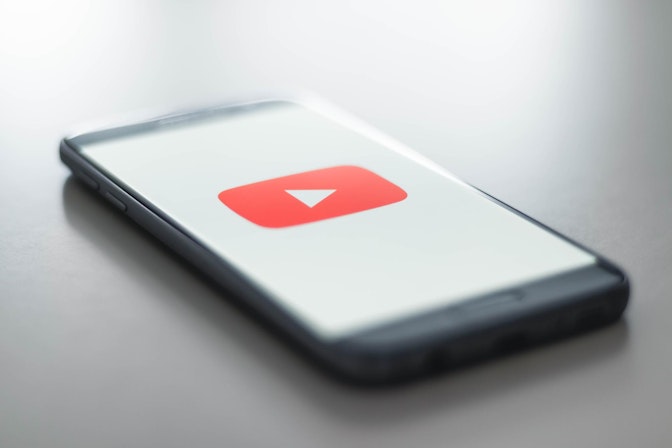Do you want to increase your online store’s revenue? If the organic reach of your store’s Facebook page isn’t getting you the results you want, then Facebook Advertising may be the solution. Facebook Advertising allows you to get your products in the Facebook newsfeed and Messenger app of your ideal customers through highly-specific audience targeting. In this post, we’ll share 9 tips from Facebook ads experts, social media consultants, speakers, and trainers who use Facebook Advertising to generate revenue for themselves and their clients.
Post Contents
- 21 Facebook Ads Experts Share Their Winning Strategies
- Don’t Rush with Facebook Ads
- Use Facebook Advertising to Build Trust
- Create Authentic Connections
- Simple Facebook Advertising for $5 Per Day
- Get Free Facebook Advertising Training – Straight from the Source
- Start with an Achievable Goal in Mind
- Boost Posts for Fans
- Use Custom and Lookalike Audiences
- Target Specific Audiences
- Lookalikes for Your List
- Using Wikipedia & Landmarks for Ad Audience Targeting
- Create Buyer Personas and Avatars
- Combining Messenger and Facebook Advertising
- Test Your Audiences
- Lead With Value
- 3 Components for Success
- Design Ads Like Landing Pages
- Give Them Reasons to Click
- Targeting, Targeting, and Targeting
- Never Stop Testing
- Conduct Specific Experiments



Don’t Rush with Facebook Ads

- Who are the authority figures, thought leaders, or big brands in your niche?
- What books/magazines/newspapers does your ideal customer read?
- What event do they attend?
- What websites do they frequent?
- Where do they live?
- What tools do they use?
- What’s COMPLETELY UNIQUE about this group?
Spend some time over these questions, use Google, Amazon, Quora and so on and you’re good to go. Extra tip, don’t go with general, broad interests, go with niche targeting, build super relevant audience and scale on it.”
Use Facebook Advertising to Build Trust

For instance, you have a lead magnet, like a book funnel or valuable report funnel, and after parting with their email address, the prospect is upsold to a tripwire offer for a low value (below $49) This is sometimes done with a countdown timer, then down sold to a lower offer, and then upsold again to a “get it all” offer.
Now the theory being that when you look at the stats, your sales are higher than your ad costs, even with just the tripwire, and so if $5 of ad spend is making you $49 for example, you just scale up as fast as supply and your cash flow can cope with.
All well and good! But, the user experience for those ten people who didn’t buy anything from you, for every one who did buy, is awful, they won’t trust you. You’re a pushy up and down seller. The culture in Europe, especially, won’t stand for it.
So, what’s my argument? Well, long term, you are able to cultivate those ten non buyers at the sacrifice of losing some initial sales, by being less pushy, less aggressive, more HONEST, and less scammy. It’s a fine line, and I don’t know exactly where that line is, and it relies on an extremely good longer term email campaign where real relationships are developed, but email is whole other story!
So my advice with Facebook, is be honest, be more real, be kinder and less aggressive. Customers aren’t stupid, they will appreciate it.”
Create Authentic Connections

Simple Facebook Advertising for $5 Per Day
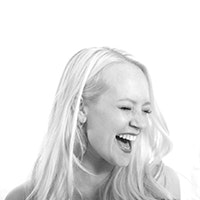
Step 1: Do a Facebook Live on your page talking about the backstory of your product – it doesn’t need to be longer than 5 minutes!
Step 2: Run $5 per day with a video views objective.
Then create a custom audience of the video views (Facebook will dynamically update the audience) and run an ad to the warmed video views audience.”
Get Free Facebook Advertising Training – Straight from the Source

Start with an Achievable Goal in Mind

Set your goal. Know your audience. Create a relevant message that will appeal to your audience with rich media such as an image or video. Make sure you have a call to action.
And always make sure you monitor and measure your Facebook Ads success.”
Boost Posts for Fans

Use Custom and Lookalike Audiences

Target Specific Audiences

Lookalikes for Your List

While Facebook offers excellent interest targeting. You will be amazed on how well a campaign that is based on your already successful paying (or subscribed) users, can perform. Here is what you should do: Create a custom audience by uploading your existing customers file, and then create another lookalike audience based on your customers audience, here is where the magic happens, you are now using the power of facebook’s smart algorithms to analyze, identify and target potential clients that have similar treats to your best converting clients.”
Using Wikipedia & Landmarks for Ad Audience Targeting

From zip code only to no interests to only behaviors…but one targeting approach that surprised me (and I use it often now because of the results) is “landmarks.”
I would search for the specific city in google, find the wikipedia write up, dig up some of the notable landmarks and toss the landmarks into the targeting.
Sometimes, the city is small with lesser known landmarks, but often times there’s always something specific to the city that stands out AND can be found in FB.
I’ve also dug around the city’s specific website to find other ideas for landmarks, but Wikipedia has been my go-to most of the time when looking for “landmarks” specific to a city to target uses in that area.”
Create Buyer Personas and Avatars

Combining Messenger and Facebook Advertising

A caveat before you run this type of campaign is, you must know what the 3 to 5 biggest challenges that your product or solution helps solve. These challenges need to come from the mouths of your customers. This will give you the true challenges they are facing, not what you think they are. Plus capturing this info will give you the language your customer uses when talking about these challenges which helps guide your ad copy.
If you don’t have this info, first run a separate Facebook live asking your target audience “What is the #1 single biggest challenge you face around _____?”
Next, create an ad using the Facebook live with the call to action being “click the link and leave us your answer”. This link would open up Facebook Messenger where they would be asked to give their answer and their email address. To create the link in question you would use Manychat’s growth tool “Messenger Ref URL”. ManyChat also allows you to push the messenger data into your CRM system using Zapier so you can collect this info and segment the audience based on their answers. I won’t go in to how to setup ManyChat but there are some great videos on their YouTube channel to guide you through it.
Now that you know which specific challenges, concerns, or problems your audience is struggling with, you want to run a second survey, what Ryan Levesque calls the “Micro-Commitment Bucket Survey”. Then you want to do a Facebook live where you position the survey as a diagnostic tool, saying something to the effect of “By asking you a few simple questions I can help diagnose your problem and give you a customized solution to help your particular solution.” To get a comprehensive explanation of the “Micro-Commitment Bucket Survey” grab a copy of Ryan’s book “Ask” it’s an amazing resource.
Once you’ve finished the Facebook live, you would create a similar ad to the one discussed above only this time you would create a survey funnel using Manychat. Essentially the questions you use to build your survey funnel are going to segment they survey takers into buckets based on which of the major challenges (the ones you collected earlier) they are dealing with. Then each of these segments will be sent to a customized sales page that speaks specifically to that challenge and how your product or service helps solve that issue. If you’re not familiar with survey funnels, here’s a great resource.
And that’s basically it. I know that’s oversimplifying it but if you use the resources I listed, you should be able to put something like this together. Or give us a call we’d be glad to help.”
Test Your Audiences

Once I copied one campaign over 20 times, but sent them all to one ad. The only distinction between audiences? Each “liked” a different leader in my niche. In 24 hours and about $20 I learned an audience that “likes” Marie Forleo, engages more than folks that “like” Noah Kagan.
How can YOU use the intel that comes from testing multiple audiences?
Using the 80/20 rule, test and filter out only the BEST audiences for your ad. Then re-allocate your budget accordingly. For example, start with $1 a day to each of 20 audiences… but end up putting $5 a day into your 4 best-performing audiences.
Here’s a nice side effect of this technique: “instant” social proof! Driving 20+ audiences to one ad at one time… gets more likes, comments, shares and clicks quickly.”
Lead With Value

• What is your offer
• How it benefits the reader
• What they should do next
Your ad should be easy to understand for anyone – even a 10 year old!”
3 Components for Success

(1) a trustworthy and meaningful headline;
(2) a relevant supporting description;
(3) a short Facebook-hosted video.
The importance of points (1) and (2) are well-documented these days. But the key to point (3) is “hosted”.
Facebook certainly places a preference on videos that are uploaded to – and consumed inside – Facebook. Like other platforms, they want their users to stay within Facebook rather than link to an externally-hosted source, e.g. some kind of landing page.
With this in mind, lead-based ads may prove to be the most effective:
- the sign-up form is prepopulated with their shareable details;
- leads are likely to be higher-quality and better-qualified;
- they can accommodate remarketing efforts.
And also like other platforms, they want their users to spend more in order to play more.
This behaviour is no different to any other website. Additionally, site owners also craft content containing revenue-generating links to outside sources in exchange for sending visitors away from their own authority.
At the end of the day, “traffic” doesn’t convert. But “people” do.
So when creating an ad on Facebook, it needs to:
- speak directly to people and their mental trust buttons;
- be easy for people to consume quickly;
- contain a single request that takes them to the next convertible step.
Online advertising is a fiercely-competitive space, so being responsive to – and supportive of – people’s feedback is crucial to the success of a Facebook ad.”
Design Ads Like Landing Pages

You should use the same colour schemes, patterns, photos, etc. you use on your landing page on your ad as well.
While adding the text also follow the same rule. Use the same font you use in your landing page and write text similar to that present in the headline or sub-headline (something above the fold).
If you are retargeting Facebook users, you should include your logo on both the ad and landing page. They will recognize that it’s yours with a quick glance. But if you are a solopreneur and they recognize your face better, add your photo instead of the logo.
Matching the design and message will ensure that they feel a sense of familiarity when they move from ad to landing page. Hence, conversions will be higher. “
Give Them Reasons to Click

First, focus heavy on the visual, a powerful, beautiful image grab attention faster than the text you write.
Second, make sure your ad is shown to you targeted audience, make sure the people that see you ad, want what you are offering.
Lastly, give them a reason to click, a special offer, a discount, a time sensitive offer all work really well to get that click.”
Targeting, Targeting, and Targeting
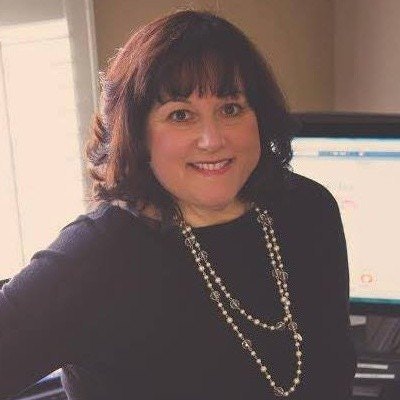
Never Stop Testing

Dive into research on consumer behavior, and the psychology of persuasion.
Never. Stop. Testing. Audiences will stagnate, creative will get tired, and company goals will change, so be ready for it all by testing smart and testing often.”
Conduct Specific Experiments

To get started, pick something small to focus on, such as retargeting visitors to a single product grid page or product page. Create a custom audience that includes recent visitors and excludes recent customers. Establish modest daily budgets against a single experiment, say an image or headline test. As your ads run, get intimate with the reporting breakdowns, including ads, placement, demographics, location, time, etc. Facebook’s advertising tools can help with this, but if you feel like you need more help, tools like AdEspresso are affordable and immensely helpful for running and analyzing ad experiments on Facebook.”
Want to learn more?
- How to Master Facebook Advertising
- Facebook Algorithm Change: What Marketers Need to Know
- 10 Things You Can’t Advertise on Facebook
- 60 Facebook Statistics Marketers Need to Know
- When is the best time to post on Facebook?
Have you tried advertising on Facebook? Let us know what your biggest challenges are? Which piece of advice from thee Facebook Ads experts did you like the most?
